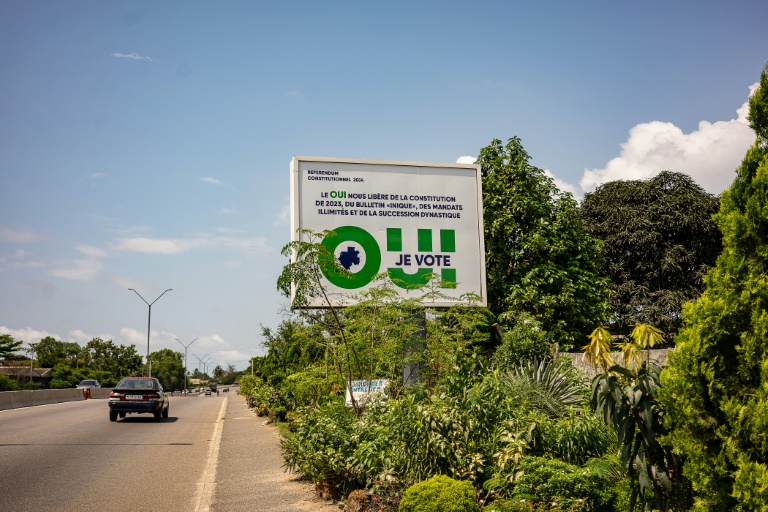The 2021 State of the World’s Children Report highlighted that South Asia, East Asia, and the Pacific have the highest numbers of teenagers facing mental health problems. A survey by UNICEF and Gallup in early 2021 found that children in India were reluctant to seek help for mental stress.
Mental health encompasses more than just the absence of a mental disorder; even children without a disorder can vary significantly in their well-being, and those with the same diagnosis can have differing strengths, weaknesses, and quality of life.
Children’s development, coping mechanisms and overall well-being are influenced by the environment in which they grow including home, school and digital spaces. Early exposure to negative experiences, such as violence, parental mental illness, bullying, poverty, anxiety, depression, Post-Traumatic Stress Disorder (PTSD), eating disorders, disruptive behaviour, dissocial disorders, neurodevelopmental disorders and behavioural disorders increases the risk of mental illness.
According to WHO estimates, suicide ranks as the fourth leading cause of death among 15-19-year-olds, and 75% of mental health conditions emerge by age 24.
In the WHO European Region, an estimated 1 in 5 adolescents had a mental health condition in 2021, with life satisfaction declining among adolescents. However, the majority of children and adolescents requiring mental health care do not receive necessary support.
Dr. Jasmin Surana, MD Biochemistry and Consultant Biochemist at Metropolis Healthcare Ltd shared insights with Firstpost on various aspects surrounding these issues.
Understanding the biological basis of mental health in children
Dr Jasmin Surana: In India, Children’s mental health is influenced by various factors including genetic predispositions, hormonal fluctuations, neurochemical imbalances, family dynamics, socio-economic conditions, and school environment. The heavy academic pressure, cut-throat competition, and societal expectations faced by school-going children in India make it important to understand their struggles and how their well-being is being affected. Many mental health issues in kids and teens are linked to excessive internet use, especially social media. Unsupervised internet access can lead to problems like constant scrolling through social media and serious issues like cyberbullying. Identifying and addressing these issues early on is important for overall happiness and academic success.
Key blood tests in mental health assessment
Dr Jasmin Surana: While traditional methods of psychological assessments like interviews and questionnaires are important for assessing mental health, using laboratory-based blood tests can serve as a complementary tool for understanding the biological aspects of mental health. It’s important to explore and understand how different blood tests can help evaluate the mental health of children in India, considering their unique environmental, nutritional, and economic situations. These tests can help identify nutritional deficiencies, hormonal imbalances, and inflammatory markers that may impact a child’s mental well-being.
Nutritional deficiencies in children (Vitamin D, Vitamin B12, Iron)
Dr Jasmin Surana: Increasing evidence suggests that nutritional deficiencies can play an important role in mental health. What we eat has a big impact on how we feel mentally.
Many areas in India have a high rate of vitamin D deficiency because of low sunlight and diet. Low vitamin D levels can result in a higher risk of mood disorders like depression, anxiety, and seasonal affective disorder (SAD). A simple blood test that checks for 25-hydroxyvitamin D can help find deficiencies that might be causing emotional and cognitive challenges in children.
Blood tests that check B12 and folate levels are important because these vitamins are essential for brain health. They can help us understand how these vitamins affect children, especially those who eat vegetarian diets, which are common in India. Not having enough of these vitamins can lead to mood problems.
Iron deficiency anemia is widespread among children in India and can greatly affect thinking and mood. Tests like a Complete Blood Count (CBC) and serum ferritin can check iron levels. Low iron can lead to more irritability, anxiety, and difficulties in concentration.
Additionally, blood tests that check levels of essential vitamins and minerals like zinc, magnesium, selenium, and omega-3 fatty acids can help find deficiencies that may impact mood regulation and cognitive function.
Hormonal assessments
Dr Jasmin Surana: Hormones greatly affect mood and behaviour. Cortisol, the “stress hormone,” varies during the day and influences how children react to stress. A blood test that checks cortisol levels can help understand how a child handles stress and if there are any issues with their adrenal glands. High cortisol levels over time can cause anxiety and depression. Additionally, thyroid hormones are important for children’s growth and brain development, so tests that check thyroid function can help spot any imbalances that may lead to mood problems.
Inflammatory markers
Dr Jasmin Surana: Research is increasingly uncovering biological markers (biomarkers) related to mental health issues, suggesting that inflammation might be connected to these disorders. Biomarkers can include genetic markers, inflammatory markers, and neurochemical levels. Testing CRP levels can help identify children who may be experiencing inflammation that may contribute to mood disorders. More studies are needed in children but testing certain substances like IL-6 and TNF-α can be useful, as they are related to the development of depression and anxiety.
Neurotransmitter Metabolites Testing
Dr Jasmin Surana: Neurotransmitters like serotonin, dopamine, and norepinephrine are important for regulating mood and can indicate chemical imbalances linked to various mental health conditions. Although directly measuring these neurotransmitters in the brain is difficult, some labs provide tests that analyze their metabolites in urine or blood. For example, changes in serotonin metabolites (5-HIAA) or dopamine metabolites (Homovanillic Acid) may indicate a risk for developing depression, anxiety, attention deficit hyperactivity disorder (ADHD), schizophrenia, or bipolar disorder.
The role of lab tests in mental health evaluation
Dr Jasmin Surana: Adding blood tests to mental health assessments for school-aged children in India has many benefits. Regular blood tests can help in identifying mental health issues early, so treatment can start sooner. They also help track how well treatments are working. Lab results help to develop personalized treatment plans that include nutrition, medication choices, and lifestyle changes. For example, a child with low vitamin D levels might benefit from supplements in addition to standard therapy.
As mental health issues among school-going children in India rise, it’s essential for everyone—parents, teachers, the government, and society—to support and nurture children and teens. While lab tests can’t replace traditional assessments for diagnosing mental health disorders, they can help improve diagnoses and treatment.
Mental health issues in India are often seen negatively, which leads to social discrimination and stops people from getting help, worsening their problems. Many people lack awareness about mental health, resulting in misunderstandings and neglect. It’s important to break this stigma by acknowledging that while people accept physical health issues, they often ignore mental health problems.
Raising awareness among parents and guardians can help them identify signs of mental health red flags in their children and seek help early. To address this, combining lab-based blood tests with school mental health screening programs to identify symptoms and educate teachers, parents, and the public at large about mental health will be of great help.

)





